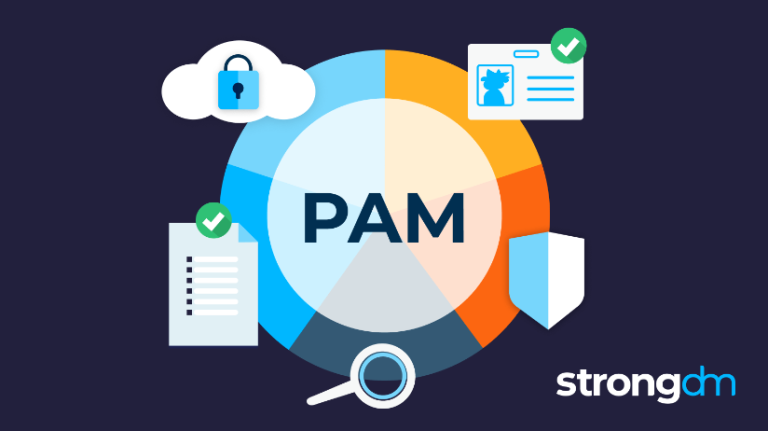Top Strategies for Managing Tax Debt During Economic Downturns

Economic downturns can be incredibly stressful, especially when dealing with tax debt. Managing financial obligations becomes a critical task as businesses falter and personal incomes shrink. For many, tax debt can be one of the most daunting challenges, leading to additional stress and anxiety. However, there are effective strategies that can help manage tax debt during these challenging times, providing much-needed relief and peace of mind. Explore IRS payment relief strategies that may offer a lifeline in difficult circumstances.
A corporate tax return is a mandatory filing that businesses must submit to the tax authorities to report their income, expenses, and other financial information for a given fiscal year. This process is crucial for determining the corporation’s tax liability, which is based on its net income after allowable deductions and credits. In many countries, including Singapore, corporations are required to file their corporate tax returns annually.
Understanding the Scope of the Problem
In this case, people and companies fail to meet tax dues due to a negative economic impact. This is not only because less money is coming in but also because there are other essential expenses, like paying for a home, utilities, food, and other necessities. Failure to pay taxes on time results in penalties, interest, and sometimes legal consequences, meaning that an individual or company stuck in a wrong financial position will have to deal with these additional costs.
Communicate with the IRS
In managing tax debt, one of the most successful systems is keeping lines of communication open with the IRS. If you fail to pay taxes to the government, it does not disappear from existence; it escalates to worse levels. You can visit the IRS website to find out various relief options that you can take to get out of the debt.
The IRS normally presents different payment structures that can fit your circumstances, whether it is a short extension or a long agreement to pay in installments. Another factor to bear in mind is that while times are tough, the IRS is likely to be more lenient in terms of payment schedules. Therefore, it always pays to keep in touch and keep abreast of the latest arrangements.
Consider an Offer in Compromise
An Offer in Compromise (OIC) is a technique adopted by the IRS that allows the taxpayer to pay less than the actual tax amount owed. This option is beneficial when repaying loans when income and asset value have drastically reduced due to the prevailing economic conditions.
This means that to qualify for a payment plan; one has to convince the court that it would be impossible for them to pay the amount in full. The IRS will consider factors such as your ability to pay, income, expenses, and equity in your assets. Even though the application process can be challenging, an OIC can significantly reduce your tax burden and restore financial solvency.
Seek Professional Assistance
Managing tax debt is a thorny issue since it involves many financial drains, even more so in the current economic downturn. A tax consultant can help clarify the situation.
Tax practitioners like Certified Public Accountants, tax attorneys, or enrolled agents have the experience they can use to negotiate with the IRS and hopefully get better terms. This will also assist you in comprehending the whole spectrum of alternatives, thus allowing you to make the best choices. Professional help can be of immense help in preparing and submitting relevant paperwork, such as the Offer in Compromise.
Adjust Your Withholding and Estimated Taxes
So, if you’re a freelancer or if you have income that is not taxed at source, you need to keep track of your estimated taxes. When the going gets rough and you are able to change your income due to the economy’s poor performance, then it becomes inevitable that all the payments you have been making will also have to be adjusted.
It is important to predict your tax liability to avoid being penalized for underpaying or being surprised by a large tax payment. Likewise, if you are employed, it may also be wise to review your W-4 withholding allowances and make necessary changes to reflect your current status. This can help avoid being owed a large amount by the time you complete your taxes.
Utilize Available Relief Programs
Due to changes in economic cycles, the government may devise measures to assist those in need or organizations during such times. Such incentives can be tax credits, tax deferrals, and other allied incentives given to the programs. Knowing these programs and how they apply to your life can be a lot easier. For instance, due to the COVID-19 pandemic, the IRS provided the following types of tax help: Tax deadline extensions and penalty waivers. Staying informed about such opportunities can assist you in effectively dealing with your tax burdens.
Prioritize and Budget
It is, therefore, essential for managers in organizations to understand how to manage financial resources during economic hardship. Using an envelope system is a good way of prioritizing your expenses and ensuring that you make a realistic budget that can cater to some essential expenditures such as paying taxes. With the help of income and expense tracking, one can define the potential for improving the financial situation and using the money to pay taxes. Also, saving some of the other small income, which one may occasionally receive, is advisable to pay taxes.
Conclusion
This paper aims to discuss how tax debt may be managed during periods of economic instability, specifically in the South African context. Some tips that could help include keeping in communication with the IRS, contemplating an Offer in Compromise, consulting with a specialist, modifying your withholding and taxes, engaging relief programs, and managing your money wisely.
There is always an economic downturn in this case, but you don’t have to let tax debts pull you back; you can always learn how to address your tax issues. Implementing these measures can help get the required comfort to cope with adverse situations and stabilize the financial crisis.




